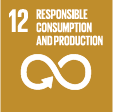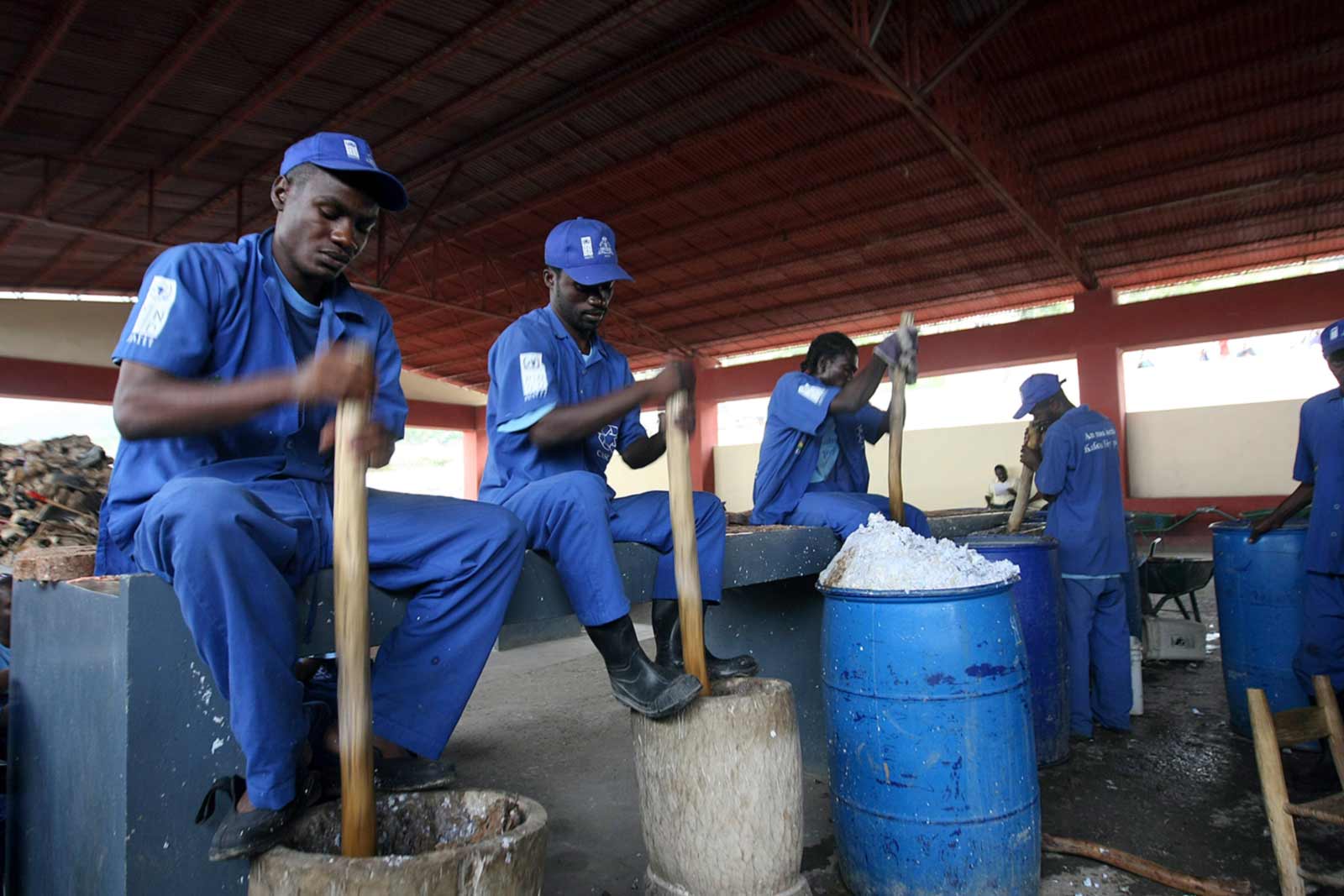
Make Your Legacy
SUSTAINABLE AND ATTAINABLE
“Sustainable consumption and production aims at “doing more and better with less,” increasing net welfare gains from economic activities by reducing resource use, degradation and pollution along the whole lifecycle, while increasing quality of life. It involves different stakeholders, including business, consumers, policy makers, researchers, scientists, retailers, media, and development cooperation agencies, among others.”
– United Nations
The following facts can be found on the official website of the United Nations’ Sustainable Development Goals.
1/3 of all food produced
Each year, an estimated one-third of all food produced – equivalent to 1.3 billion tons worth around $1 trillion – ends up rotting in the bins of consumers and retailers, or spoiling due to poor transportation and harvesting practices.
$120 billion saved
If people worldwide switched to energy efficient lightbulbs, the world would save US $120 billion annually.
3 planets of resources
Should the global population reach 9.6 billion by 2050, the equivalent of almost three planets could be required to provide the natural resources needed to sustain current lifestyles.
Food sector inefficiency
The food sector accounts for around 30% of the world’s total energy consumption and accounts for around 22% of total Greenhouse Gas emissions.
THE SOLUTION?
LET'S CONSUME RESPONSIBLY.
By 2030
This Sustainable Development Goal strives to implement the 10-year framework of programs on sustainable consumption and production, allowing all countries to take action, with developed countries taking the lead. By 2030, it seeks to achieve the sustainable management and efficient use of natural resources and halve per capita global food waste at the retail and consumer levels while reducing food losses along production and supply chains, including post-harvest losses.

Stop Wishing. Start Doing.
Here's How To Help
01. Reduce Food Waste at Home (tips from the EPA)
• Keep a running list of meals and their ingredients that your household already enjoys. That way, you can easily choose, shop for and prepare meals.
• Make your shopping list based on how many meals you’ll eat at home. Will you eat out this week? How often?
• Plan your meals for the week before you go shopping and buy only the things needed for those meals.
• Include quantities on your shopping list noting how many meals you’ll make with each item to avoid overbuying. For example: salad greens - enough for two lunches.
• Look in your refrigerator and cupboards first to avoid buying food you already have, make a list each week of what needs to be used up and plan upcoming meals around it.
• Buy only what you need and will use. Buying in bulk only saves money if you are able to use the food before it spoils.
02. Storage Can Make a Difference (Tips from the EPA)
It is easy to overbuy or forget about fresh fruits and vegetables. Store fruits and vegetables for maximum freshness; they’ll taste better and last longer, helping you to eat more of them.
•Find out how to store fruits and vegetables so they stay fresh longer inside or outside your refrigerator.
•Freeze, preserve, or can surplus fruits and vegetables - especially abundant seasonal produce.
•Many fruits give off natural gases as they ripen, making other nearby produce spoil faster. Store bananas, apples, and tomatoes by themselves, and store fruits and vegetables in different bins.
•Wait to wash berries until you want to eat them to prevent mold.
•If you like to eat fruit at room temperature, but it should be stored in the refrigerator for maximum freshness, take what you’ll eat for the day out of the refrigerator in the morning.
03. Think First, Buy Later
Think about whether or not you really need the item you wish to purchase. Is easy access to credit allowing you to overextend your spending? Be mindful of the environmental energy used to produce your goods and decide if you’d get just as much satisfaction by donating that money to a cause you believe in.
BE A RIPPLE
JOIN THE MOVEMENT.
There are many ways to consume and produce responsibly. By committing to do your part, you take the first step in making a world of difference.
We're in this together.
SUPPORTING ORGANIZATIONS
Photography Credits by Order on Page:
Dump Site in Dhaka, Bangladesh – UN Photo by Kibae Park
Women Collecting Fish at Sunset in Dili District – UN Photo by Martine Perret
Haiti “Cash for Work” Helps Produce Alternate Source of Cooking Fuel – UN Photo by Sophia Paris



